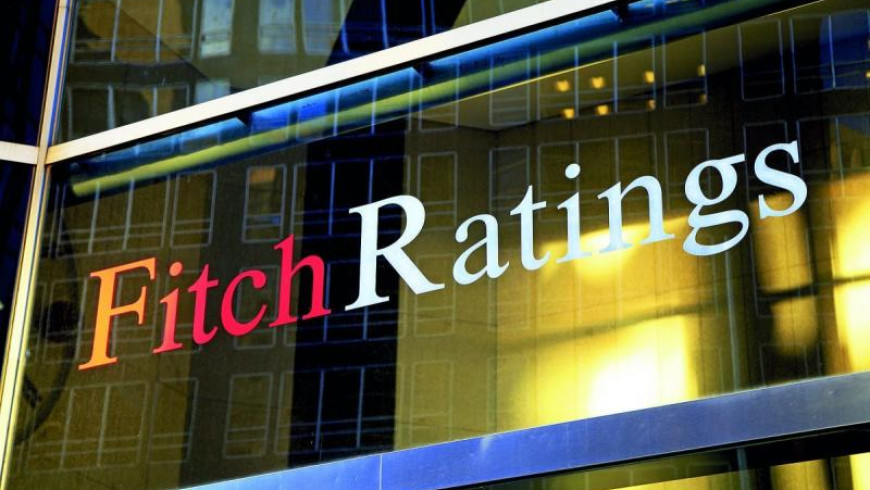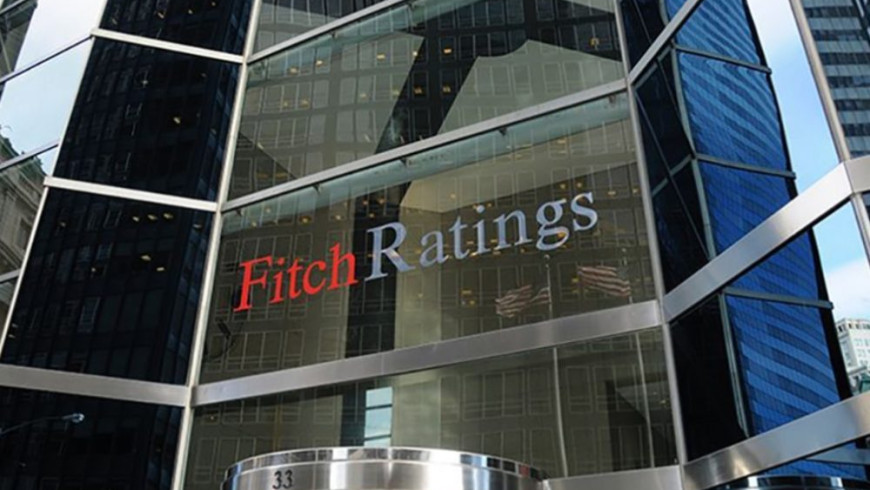
Capital Intelligence Ratings announced on Friday that it has revised Outlook for the Long-Term Foreign Currency Rating (LT FCR) and Bank Standalone Rating (BSR) of Bank of Cyprus (BoC) to Positive from Stable.
It says that the Bank’s LT FCR and ST FCR of ‘BB’ and ‘B’, respectively, have been affirmed. At the same time, CI Ratings has affirmed BoC’s BSR of ‘bb’ and Extraordinary Support Level (ESL) of Uncertain. The Core Financial Strength (CFS) rating has been raised to ‘bb+’, from ‘bb’.
"The revision of the LT FCR and BSR Outlook to Positive and the upward adjustment of the CFS rating reflects the Bank’s strongly improved net and operating profitability, and the reduced NPL ratio coupled with robust capital ratios in Q3 23", it says.
It adds that these factors taken together have strengthened the Bank’s credit loss absorption capacity and resilience, especially in the event of potential adverse changes in the operating environment.
The BSR is derived from an improved CFS rating of ‘bb+’ and an Operating Environment Risk Anchor (OPERA) of ‘bb’, the latter reflecting moderate economic and industry risks.
"Cyprus’ sound economic performance has helped improve the operating environment for banks in terms of asset quality risks, despite moderate lending opportunities, and profitability" it notes.
Furthermore, it says that the Bank’s operating and net profitability improved strongly in 9M 23, albeit from a low base, having returned to positive territory in 2021.
"The high level of liquidity in the form of cash has significantly benefitted the net interest margin in the face of sharply higher interest rates and a lagged repricing of deposits. Efficient cost management contributed to better profitability".
It says that 'we expect the sound profitability to continue into 2024, although inflationary pressure on operating expenses will at least partially offset cost savings in the short term'.
Regarding Non Performing Loans, it says that NPLs have reduced markedly over the last three years due to sales but also through organic NPL reductions such as write-offs, collections and rescheduling.
Additionally, it notes that REMU properties still constitute 4% of total assets in Q3 23, and thus greater than reported NPLs and equivalent to 42% of total equity; this is considered significant.
'While we acknowledge the substantial amounts of ongoing real estate sales, we consider REMU properties to be part of loan restructurings and thus quasi NPEs. The Bank targets to halve the amount of REMU properties by end-2025' it notes.














 3287.99
3287.99 1275.09
1275.09
